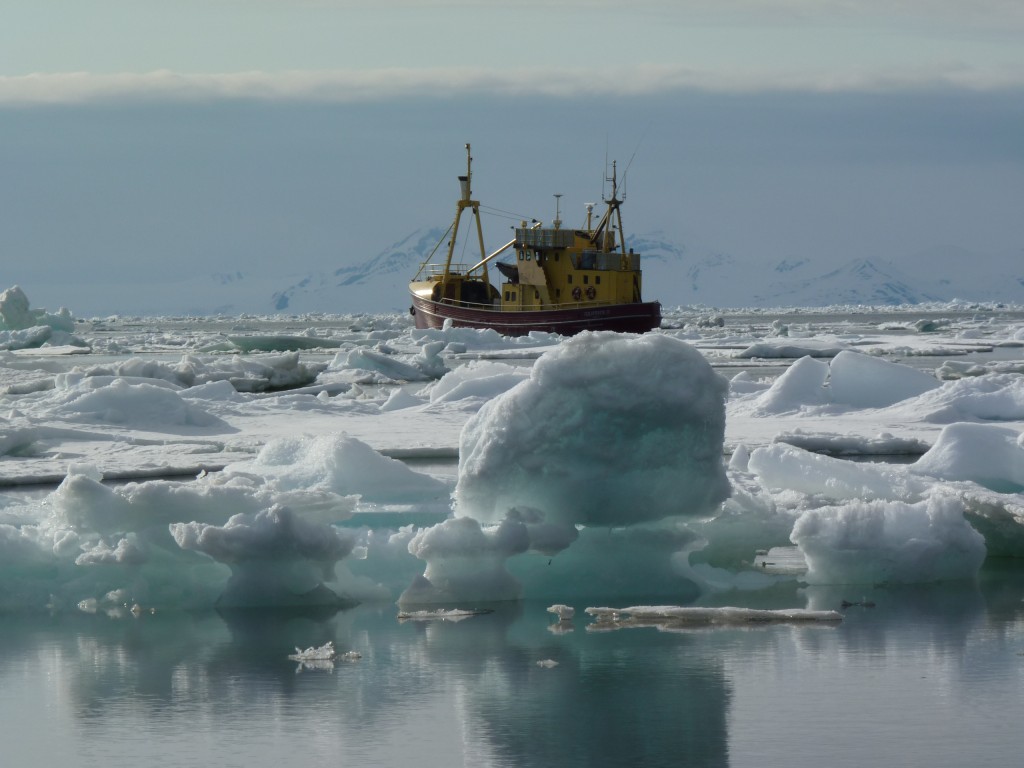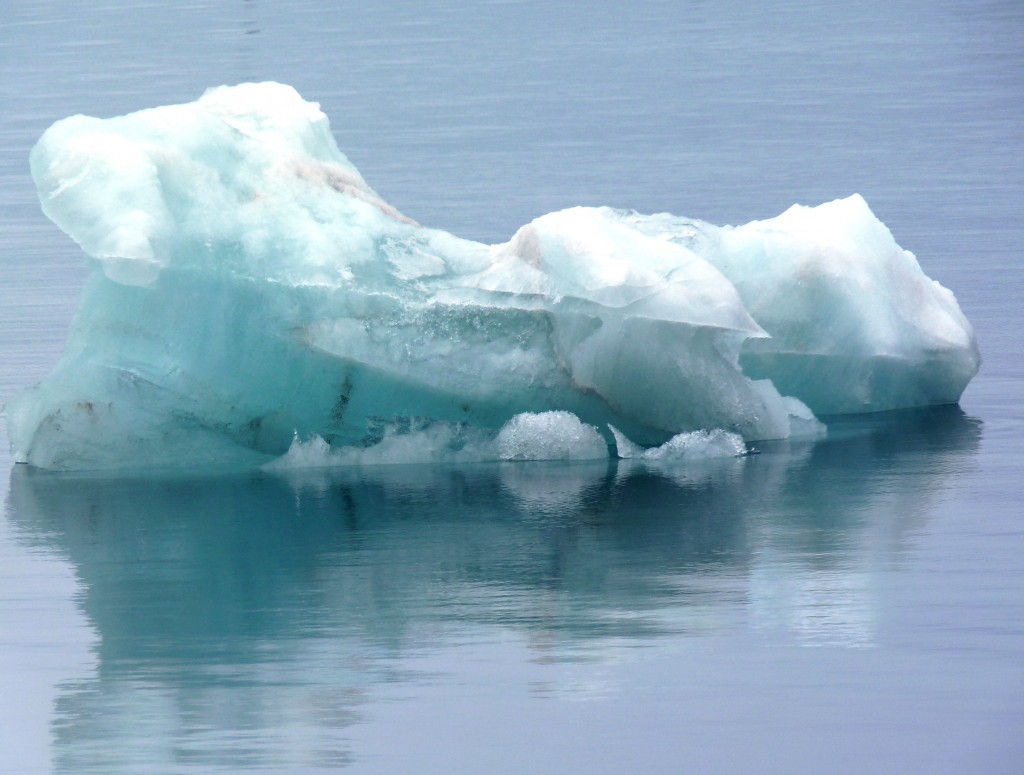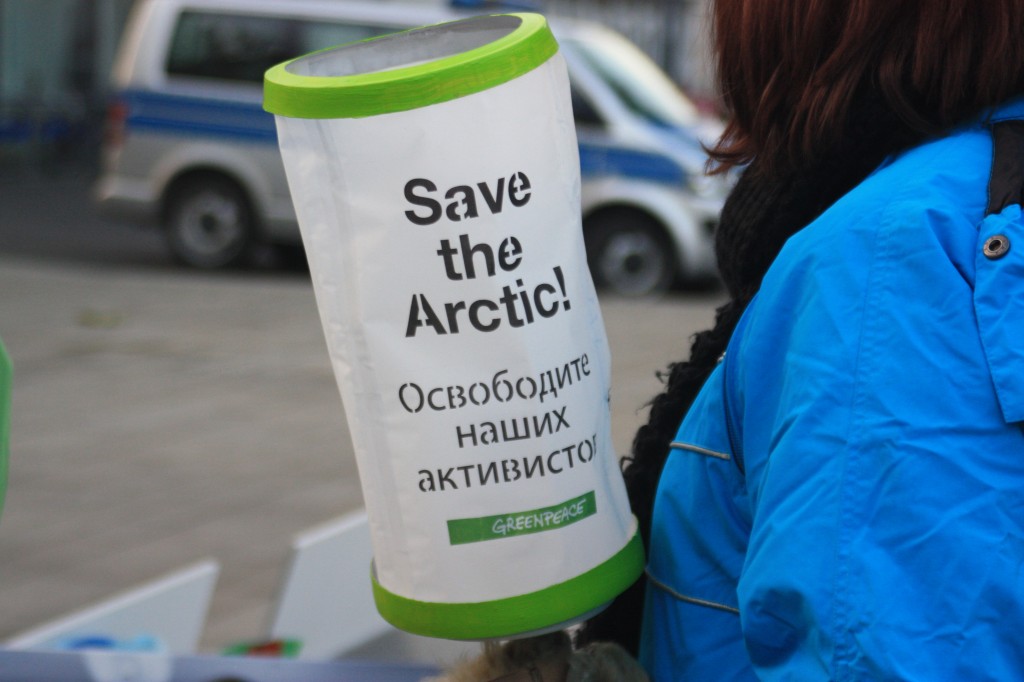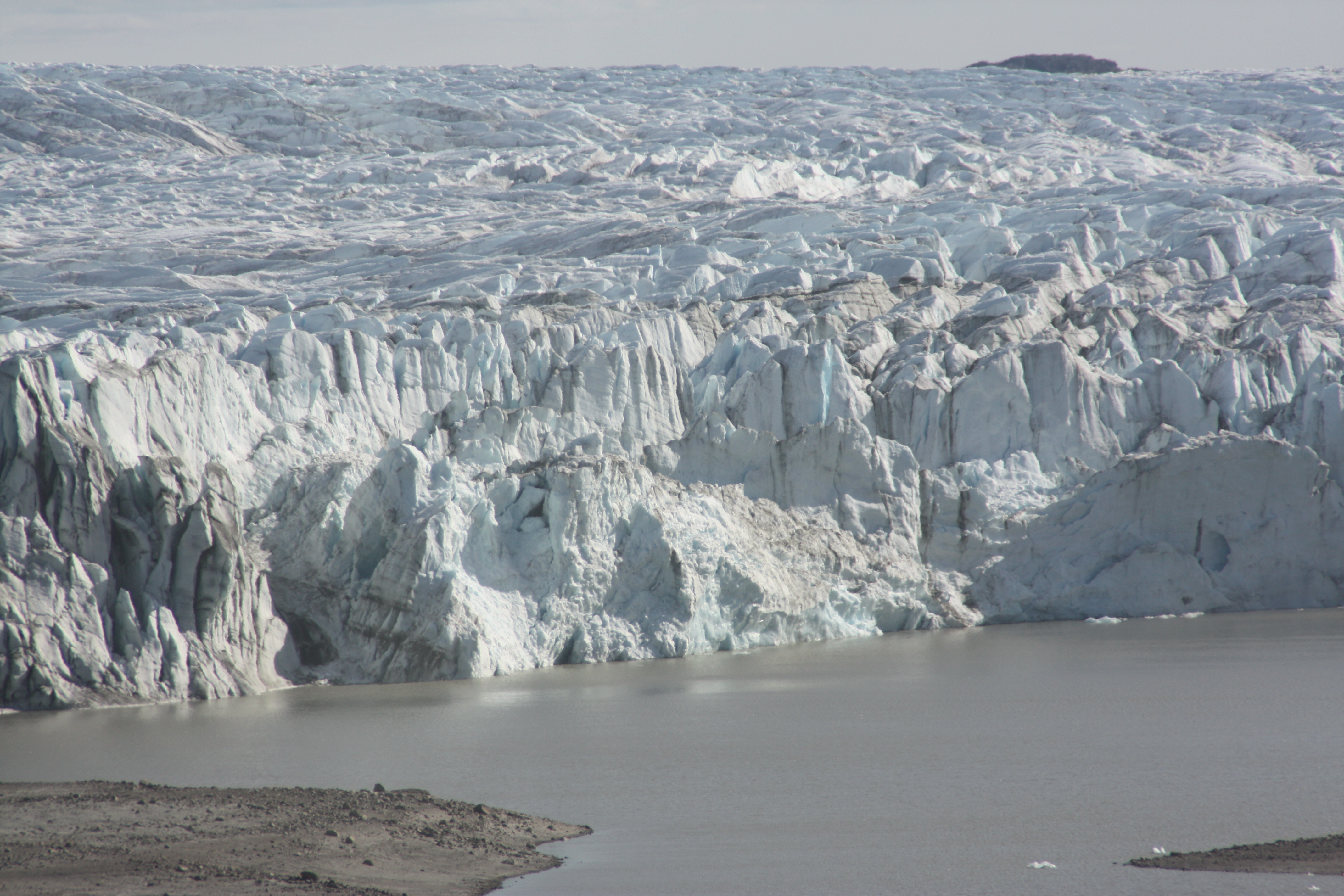Search Results for Tag: mining
Arctic Economic Council – and the environment?
I would like to share my thoughts with you on the founding meeting of the Arctic Economic Council, taking place in Canada Sept. 2nd and 3rd. Iqaluit, the capital of the northern Canadian territory of Nunavut, is hosting the inaugural meeting of the, group set up to promote commercial development in the Arctic, as climate change makes the region more accessible. It was in Iqaluit that the first-ever ministerial meeting of the Arctic Council (AC) took place back in 1998. The newly established independent Arctic Economic Council (AEC), with close links to the AC, could prove to be equally influential.
Canada currently holds the rotating presidency of the Arctic Council, an organization linking eight Arctic states and six organizations representing Arctic indigenous peoples. Its self-set tasks include sustainable development, monitoring the Arctic environment, identifying pollution risks and environmental emergency preparedness. But in the race to open the Arctic to increased shipping, oil and gas exploration and mining, the formation of the new Arctic Economic Council (AEC) could see commercial interests gaining the upper hand.
Canada puts business first
Leona Aglukkaq, Canada’s Minister for the Environment, the Canadian Northern Economic Development Agency and the Arctic Council, is presiding over the founding meeting of the AEC. Its creation has been a key project during Canada’s 2013-2015 Arctic Council chairmanship, which Aglukkaq has focused on “development for the people of the North.”
“Our government prioritized the creation of the Arctic Economic Council to facilitate business opportunities, trade, investment and growth in the best interests of Northerners,” said Aglukkaq ahead of the two-day meeting. “Establishing this body is an historic moment for the Arctic Council in its efforts to advance sustainable development in the Arctic. I’m confident that the AEC will be a strong and effective body that will help enhance pan-Arctic economic cooperation for the benefit of communities and people in the Arctic.”
An unwise move for the AC?
But some people believe the AC could be making a mistake by allowing a potentially highly influential business group to grow outside of its own structures. Neil Hamilton, Senior Polar Political Advisor at Greenpeace International, told DW: “By creating an independent organization which answers to no one but has the authority to attend, work within, and manipulate the activities of the Arctic Council and its working Groups, the Arctic Council has severely undermined its own mandate.”
The AEC is being established with the contribution of the Arctic Council, but as an independent body. Representatives of both Councils would meet at regular intervals to discuss the economic development of the Arctic.
Originally, the AEC was envisaged as a circumpolar business forum. It’s since turned into a more formal structure. Each of the member states and each of the council’s indigenous permanent participant organizations was invited to send a maximum of three representatives to the inaugural meeting, where they will discuss the organization, structure and objectives of the AEC. The business representatives attending include CEOs and other high-ranking figures from a range of industries including oil and gas exploration, iron mining, tourism and shipping lines.
In the future, membership will not be limited to these nominations and may accept self-nominations from the Arctic business community.
A back-seat for the environment?
Canada says businesses in the Arctic will play a strong role in building a sustainable and economically vibrant future for the region. This will not reassure environment campaigners who have repeatedly attacked the current Canadian administration for its support of environmentally problematic industries such as oil tar sands or fracking, and for its refusal to back international climate agreements. The participation of the Vice-President of Russia’s Rosneft Oil Company Andrey Shishkin will raise eyebrows among those concerned about the possible environmental impact of oil exploration in the High North.
Finland is seeking to chair the AEC, although the group is to be purely business and not government run. In a press release, the country’s Foreign Ministry mentions environment protection but does not appear to give it priority when it outlines the objectives of the new body:
“In the future, the main focus of its work will be on the enhancement of the economic operating conditions of indigenous peoples and Small and Medium Enterprises (SMEs), the reduction of obstacles to trade, the support for sustainable economic operations, and raising of issues the AEC itself considers topical.”
In an AC paper on “facilitating the creation of the Arctic Economic Council,” environmental protection is only listed the last of six objectives, in connection with “maximizing the potential for Arctic economic activities.”
Conservationists are concerned that protecting the environment could take a back seat while companies pressure for fewer restrictions. With the Arctic warming more than twice as fast as the rest of the world and melting ice easing access to northern regions, the pace of Arctic development could outrun efforts to ensure environment protection and safety measures with increasing shipping and the risk of accidents or oil spills.
The World Wildlife Fund, which originally supported the group, told journalists the way it had been set up was “opaque and unaccountable”. WWF said it hat been refused permission to observe the meeting.
Greenpeace Arctic policy advisor Hamilton told DW: “The founding document of the Arctic Economic Council sets the frame for a new era of exploitation of the Arctic, without any indication of intent to protect the environment.” At the same time the Arctic Council, which was established to protect the environment, was “negating its prime function.”
Hamilton called on the Arctic Council to accord civil society the same privilege as it appears to be allowing the new economic group, by loosening regulations on granting the role of observer status.
The two-day meeting in Iqaluit ends on Wednesday, September 3rd. In the coming months, the Arctic Council will have to clarify its relation to the new AEC it helped create, and demonstrate how it’s going to reconcile the increasing pressure for commercial activity with avoiding environmental damage.
Mining fears decide Greenland vote
Interesting times for the “ice island“. The Greenlanders have voted for a change of government amidst concern that the incumbent government was opening the country too fast to foreign mining companies.
Alequa Hammond’s Siumit party won 42 percent of the votes, up from 26.5 percent. Kuupik Kleists’ Inuit Ataquatigiit took 34.4 percent compared to 43.7 last time. Hammond, who would be the first woman prime minister of Greenland if she successfully forms a coalition with a smaller party, campaigned on a pledge to tax foreign mining companies.
Climate change is opening up opportunities for the mining of rare earth and other raw materials in Greenland, as well as oil and gas exploration. I visited the island in 2009 to report on the effects of climate change. At that time, I could already sense the dichotomy between the desire to gain revenue from mining to fund ultimate independence from Denmark on the one hand, and concern that the changing climate was making traditional Inuit lifestyles more difficult and potentially opening the way for environmentally harmful commercial activities on the other.
Hammond, an Inuit woman who was educated in Montreal before returning to Greenland and working in tourism, told the online edition of the weekly newspaper Sermitsiaq “Too much secrecy surrounding mining projects and problems in the fishery sector, as well as a lack of construction outside Nuuk (the capital), determined the outcome”. There had been a lot of concern about proposals being discussed for a company to bring 2,000 Chinese workers to the island, with a population of just 57,000, to set up a mining venture. China is becoming increasingly interested in Greenland and the Arctic as a whole, both because of its rich mineral resources and the opening of faster shipping routes between Asia and Europe and North America.
It remains to be seen to what extent protecting the environment will have priority over economic considerations as Greenland develops further.
The Arctic Council will be meeting in Kiruna, Sweden in May, the last meeting before Canada takes over the chair. China’s application for observer status will be on the agenda. Hammond says she could support the application but would take a more critical look at Chinese investments.
Interesting times ahead. Watch this space. Related stories to catch up with:
Polar ice sheets melting faster than ever
Business opportunities boom in the Arctic
Sea levels rising faster than expected
China’s Arctic ambitions spark concern
Scientists raise Greenland climate threat




















Feedback